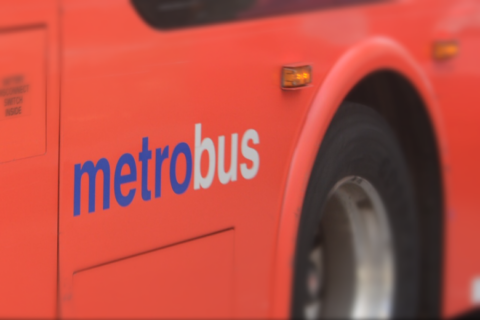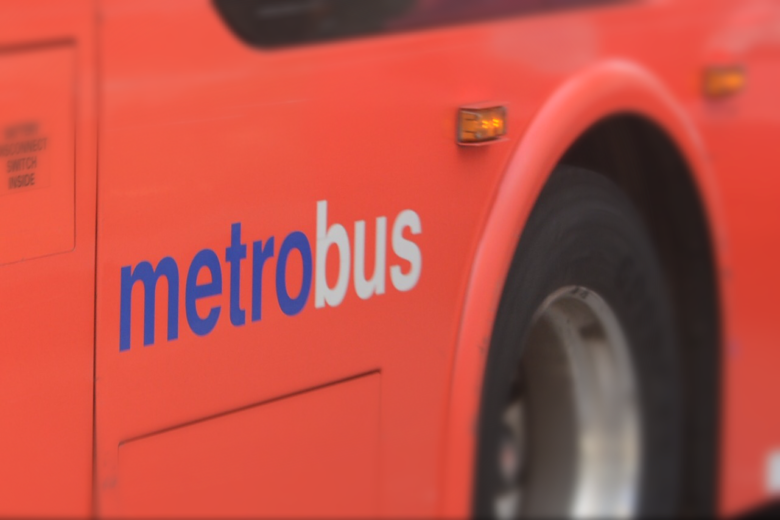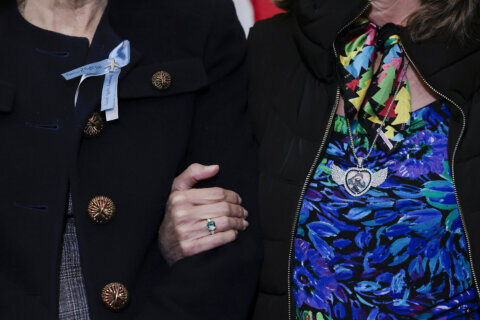
More Metro buses could soon be electric.
A Metro board committee has voted in favor of a plan to transition to 100% zero-emission bus purchases by 2030 and a 100% zero-emission bus fleet by 2045.
Metro’s Tom Webster says the capital costs would be significant.
“At least a billion dollars, yes, it’s a substantial investment in our facilities, either through the replacement, the retrofit, or future conversion.”
Board member Michael Goldman wants to see the timetable sped up.
The current policy adopted in 2017 for new bus purchases is a 50/50 split of diesel
and compressed natural gas buses. The current procurement contract has 2 years remaining.
The next 5-year procurement will launch in FY2022 with deliveries beginning in FY2024.
Additional fueling capacity and electric bus charging capacity are expected to be added at the Shepherd Parkway Metrobus Division.
The pilot program operating out of Shepherd Parkway will include deployment, testing and evaluation of 10 standard-length electric buses and two articulated electric buses.
The project work is ongoing, with bus deliveries expected in early FY2023 and project closeout completed by mid FY2024.
“Our proposed goal of all electric by 2045 is something that we can be more aggressive about,” he said. “We, Metro, the big kahuna here, the big gorilla in this region, is going to be a drag on achieving the broader area sustainability goals, rather than being a leader.”
A Metro Fleet Strategy document says the move means cleaner air and reduced greenhouse gas
and tailpipe emissions as well as quieter vehicles and less vibration.
Additionally, the decreased use of fossil fuels means reduce fuel costs, Metro says.
The plan would require a huge amount of money to upgrade metro bus facilities to handle electric buses.
“The region’s going to have to come together and have a discussion about this level of investment,” said board member Matt Letourneau.










